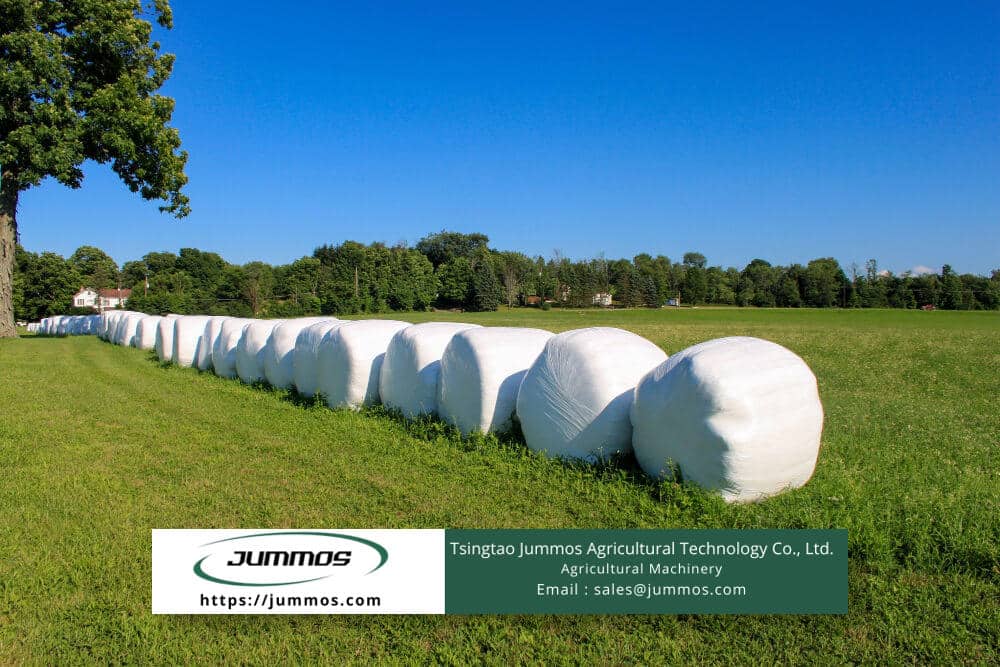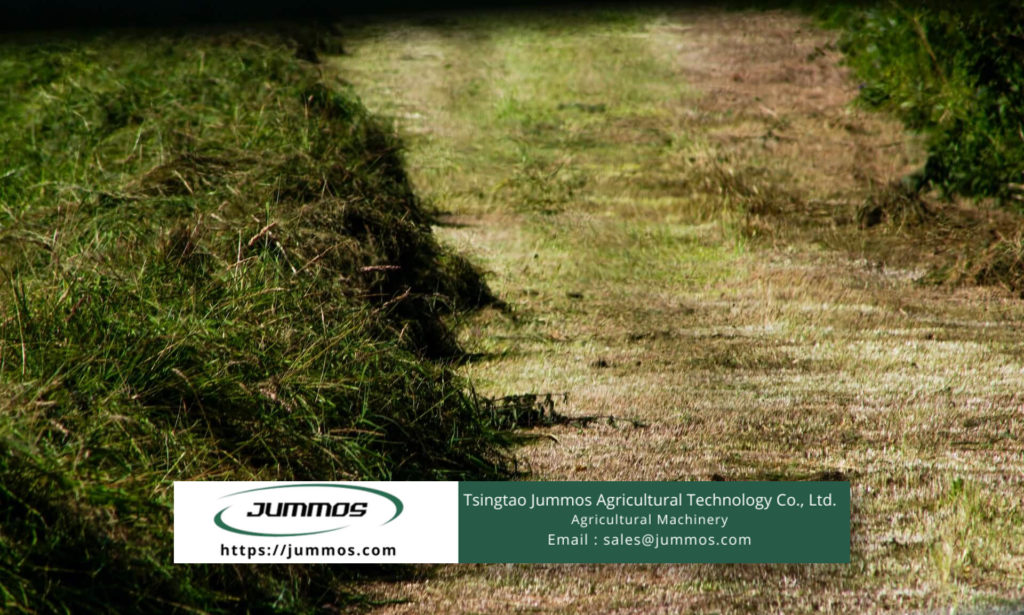Alfalfa is a type of plant that has deep roots. This plant is beautiful with its purple flowers. A suitable environment for the growth of this plant is a warm one with a lot of sun exposure. We will examine the benefits for both humans and livestock.
Contents
Alfalfa for Health
This plant contains many vitamins, they are K, E, C and A. Many people consume this plant as the source of those vitamins. Other beneficial substances contained in this plant are iron, phosphorus, potassium and calcium minerals. This plant also deals with kidney problems. It boosts the prostate and kidney’s health.
Alfalfa works by improving urine circulation. In a nutshell, this crop could help deal with diseases such as bleeding problems, stomachache, rheumatism, osteoarthritis, asthma, cholesterol, kidney problems and vitamin deficiency.
Specific and detailed research on how this plant works has not been conducted. However, several experts stated a general study which is concluded the use of this plant in life.
- The way it works in reducing cholesterol is by binding it. Fibre and saponin are two things that are responsible for this cholesterol reduction process. Laboratory tests have shown that this is valid. So, although specific and detailed on has not been conducted, this small scope of research provides knowledge.
- The way it works to heal symptoms of kidney problems is that the leaves cause diuresis. It is the term that refers to the increase of urination. This will help people with kidney problems.
Alfalfa for Livestock
Besides being beneficial for humans, alfalfa is beneficial for livestock. This grass is suitable as an alternative feed. We know the basic knowledge that the best feed is the fresh one. The preservation process will reduce a lot of nutrients.
Among many other plants, this one can retain its nutrients. That is why this plant is very popular among husbandry owners all over the world. Therefore, the government in several regions include this grass in the list of the plants that increase the livestock populations.
This crop has high palatability. Many kinds of livestock like it. In other words, this plant can satisfy animals’ appetites well. This is special because even animals have preferences and this crop is accepted.
Therefore, farmers use this plant as a weight gainer for the livestock. The previous explanation stated that this plant could help increase the population. This means that the nutrients contained are useful for animal fertility problems. Two big things can be overcome by this crop. That placed this grass in a high-level crop.
Maintaining Alfalfa’s Nutritional Content
As is the nature of plants, this crop experiences a decrease in nutrition time by time. Whereas, if the plant is not harvested in large quantities, it will rot. To solve that problem is by continuing harvest in large quantities, then preserving it. There are some ways in this section and it is based on what you need.
Shift It Into Powder Form
Farmers usually mix alfalfa flour into feed. It works as a nutritional supplement that is rich in nutrients. The taste of this flour tends to be bland. It will not interfere with the taste of the main feed.
This is beneficial for animals that don’t like this plant. Even though many animals don’t refuse this plant, there may also be those that don’t like it. The part of the plant that is shifted into flour is the leaves. First, separate the leaves from the branches. Once collected, dry the leaves, then grind them until they become flour granules.
Don’t throw away the stems and the branches because they can be fibre sources. Fibre boosts the digestive system and that will make it balance between nutrition and fibre.
Shifted Into Hay
Basically the basic process of hay making is similar to flour making which is a drying process. The steps are quite simple. It starts with the harvesting. The crop then is copped. For the big husbandry, the copping is handled by a copper machine. For the smaller ones, if they don’t have the copper machine, it could be done manually.
After that, the copped crops then spread out to get light and heat from the sun. With very hot sun conditions, the drying process should not take too long. The ideal water content after drying is 15 to 20%. The dried copped crop then is pressed and formed into hay bales.
Shifted Into Silage
Silage has a softer texture than hay due to the higher water content. Livestock owners can choose between wet or dry feed according to their needs. Making silage takes longer and is a little more complicated. In general, making silage is chopping the crop, adding and mixing fermentation agents, compacting it, and storing it in an airtight container.
With the proper baling and wrapping, silage can last for months. With the baling and wrapping machine by Jummos, the quality of the forage is guaranteed to be in good condition.
Even though all the methods above are different in terms of form, they have the same purpose, preserving the forage. However, not only the process is considered to be important, but the baling, wrapping and storing processes are also important. Moreover, in silage, storage determines the fermentation success. The slightest mistake will threaten the quality.
Baling and Wrapping Alfalfa Forage

To simplify and strengthen the forage stock, the farmers and farmland business owners need sophisticated equipment. Jummos can provide everything you need related to forage production and storage. We have various machines that will help you with the forage. Industrial excellence and agriculture have become our things.
The baler wrappers from Jummos are valuable and affordable at competitive prices. We have many types with many features that one of them (or more) surely meets your requirements.
We’ve been providing agricultural machines since a long time ago. With this long-time experience, our products have managed to survive amidst the proliferation of new brands. Our factory in China is committed to always updating technology. The innovation we carry out is at the forefront. The experience, the active years and the success of the users have proven our credibility. We are waiting for you to become our next partner who will make high-quality alfalfa forage with Jummos.

